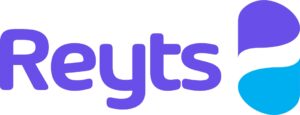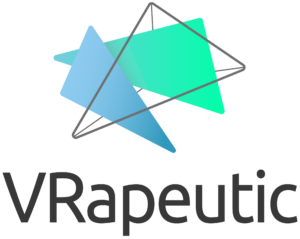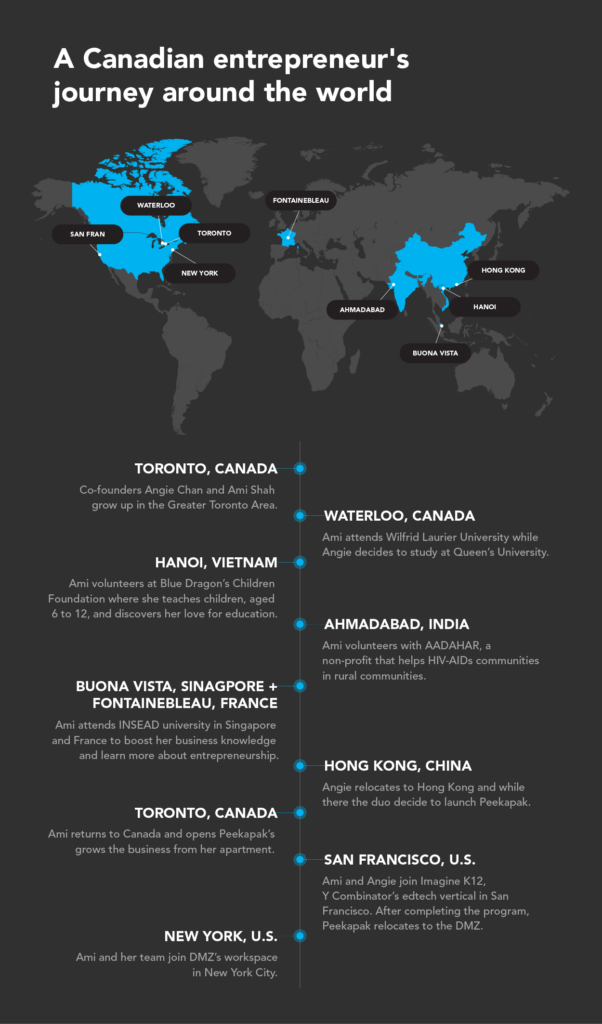In March, the federal and provincial governments unveiled their highly-anticipated budgets. With both plans moving from COVID-19-specific funding and focusing on lightening deficits and combatting inflation, we now have glimpse into what the road to a more robust economy looks like.
DMZ has reviewed the Ontario provincial and federal government budgets and identified key commitments that impact the startup and innovation economy.
Here’s what you need to know about both budgets:
Federal budget highlights
The full federal budget can be found here.
Small business support
- Lowering credit card fees: The federal government has reached an agreement with Visa and MasterCard to reduce credit card fees by up to 27%.
- This reduction will help small businesses save $1 billion over the next five years.
Innovation
- Canada Growth Fund: The government intends to introduce legislation to enable the Public Sector Pension Investment Board to manage the assets of the Canada Growth Fund to deliver on the Growth Fund’s mandate of attracting private capital to invest in Canada’s clean economy.
- Supporting Canada’s leadership in space: The government invested just under $2.8 billion to get Canadians — and Canadian technology — into space, onto the moon and beyond.
- Canada Innovation Corporation: The government invested $2.6 billion for the new Canada Innovation Corporation, which will support Canadian businesses in investing in research and development.
- Scientific Research and Experimental Development Tax Incentive: The Department of Finance will continue to engage with stakeholders on the next steps of the SR&ED program to ensure it is providing adequate support and improving the commercialization of intellectual property.
Transition to the green economy
- Clean electricity investment tax credit: A 15% refundable credit to support non-emitting generation systems, storage and transmission.
- Clean technology manufacturing: A 30% tax credit for new machinery and equipment used to manufacture or process key clean technologies and extract key critical minerals.
- Clean hydrogen: Up to 40% tax credit for projects producing clean hydrogen.
- Strategic Innovation Fund: A $500 million commitment over 10 years to support the development and application of clean technologies in Canada.
- Smart Cities Challenge: The government will be launching a new round of the Smart Cities Challenge later this year, which will focus on using connected technologies, data, and innovative approaches to improve climate resiliency.
____________
Provincial budget highlights
The full provincial budget can be found here.
Innovation
- Underserved entrepreneurs: Investing an additional $15 million over three years for the Racialized and Indigenous Supports for Entrepreneurs (RAISE) Grant Program that includes support for Indigenous, Black and other racialized people, as well as an additional $3 million in the Black Youth Action Plan
- Innovation hubs:
- Providing an additional $1 million per year for three years to Invest Ottawa, starting in 2023–24, to expand into a Regional Innovation Centre hub for Eastern Ontario.
- Committing an additional $2 million in 2023–24 to Futurpreneur Canada.
- Providing $4 million in 2023–24 to support the City of Brampton in attracting more entrepreneurs and business investment to help drive economic growth.
Skills development
- Mitacs: Investing an additional $32.4 million over the next three years to support 6,500 high‐quality research internships through Mitacs.
- Skills Development Fund: Providing $224 million in 2023–24 for a new capital stream of the Skills Development Fund to leverage private-sector expertise and expand training centres.
International talent
- Ontario Immigrant Nominee Program: Enhancing the Ontario Immigrant Nominee Program with an additional $25 million over three years to attract more skilled workers, including in-demand professionals in the skilled trades, to the province.
- Ontario Bridge Training Program: Expanding the Ontario Bridge Training Program with an additional $3 million in 2023–24 to help internationally trained immigrants find employment in their fields and get faster access to training and support towards a licence or certificate.
Manufacturing
- Ontario-made tax credit: A 10% refundable Corporate Income Tax credit to help local manufacturers lower their costs, invest in workers, innovate and become more competitive.
Business savings for Ontario employers
- Tax relief for small businesses: Improving competitiveness by planning to enable an estimated $8 billion in cost savings and support for some Ontario employers in 2023, with $3.6 billion going to small businesses.
- This would provide Ontario’s small businesses with additional Ontario income tax relief of $265 million from 2022–23 to 2025–26.
Electric vehicle investments
- Electric vehicles (EV): Attracting over $16 billion in investments by global automakers and suppliers of EV batteries and battery materials to position Ontario as a global leader in the EV supply chain.


/https://www.thestar.com/content/dam/thestar/business/2022/05/05/neo-financial-becomes-calgarys-latest-1-billion-tech-unicorn/20220504130528-d42ac644beebbf9b9e256a5a48d580b1082506a32e3562812df6dac334c6d2b7.jpg)
:format(jpeg)/cloudfront-us-east-1.images.arcpublishing.com/tgam/2X5HWYITLFE77LMCE3FSJ37SCE.jpg)











